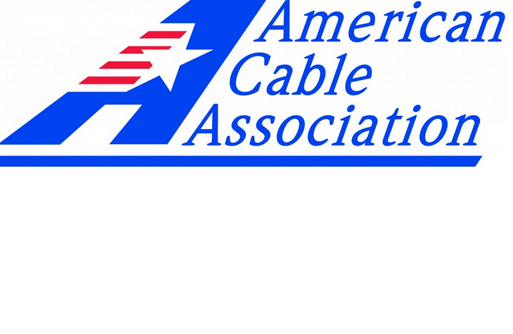ACA: Net Rules Fail Unless Applied To Edge Providers
The smarter way to stay on top of the multichannel video marketplace. Sign up below.
You are now subscribed
Your newsletter sign-up was successful

The American Cable Association, representing small cable operators, has told the FCC that its proposed new network neutrality rules will not protect Internet openness unless they extend to content (edge) providers like search engines and not just ISPs.
It is the first time ACA has asked the FCC to regulate edge providers, including online programmers.
If the FCC did try to include the Google's and the Yahoo!'s of the world under its rules, it would face major pushback from Silicon Valley whether it tried to use Sec. 706 authority, Title II authority, or some other justification.
ACA's call for including the edge came in comments to the FCC. among more than a million that have now come over the electronic transom as the FCC works toward passing new rules by the end of the year.
"The Commission once again proposes to use its authority under Section 706 to impose one-sided regulation on broadband ISPs while leaving other Internet actors free to block or discriminate in harmful ways, despite its explicit recognition that other Internet actors can similarly interfere with open consumer access to Internet content, applications, services and devices," said ACA. "Edge providers that offer sufficiently important content to end users of the Internet, such as popular search engines, social networks, online retailers, and online video providers, can severely threaten the overall value of broadband access services and the Internet by limiting access to their content in a commercially unreasonable manner."
“These so-called ‘edge’ providers have the incentive and ability to limit access to their content in a commercially unreasonable manner, thereby undermining the intent of the Open Internet rules. These concerns are not merely hypothetical,” said ACA President Matt Polka in a statement, citing online blackouts by CBS in 2013 and Viacom earlier this year, among others.
ACA also says that while it does not think the FCC has to modify its transparency rule--which unlike no-blocking and anti-discrimination were not thrown out by a D.C. federal court--but that if it does modify them, it should not apply those "enhancements" to smaller cable ops represented by ACA.
The smarter way to stay on top of the multichannel video marketplace. Sign up below.
ACA's other major ask is that the FCC not try to apply Title II common carrier regs, which it says "would be excessively costly, disruptive and unnecessary."
Contributing editor John Eggerton has been an editor and/or writer on media regulation, legislation and policy for over four decades, including covering the FCC, FTC, Congress, the major media trade associations, and the federal courts. In addition to Multichannel News and Broadcasting + Cable, his work has appeared in Radio World, TV Technology, TV Fax, This Week in Consumer Electronics, Variety and the Encyclopedia Britannica.

